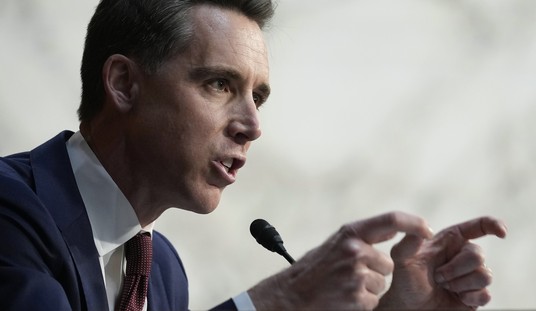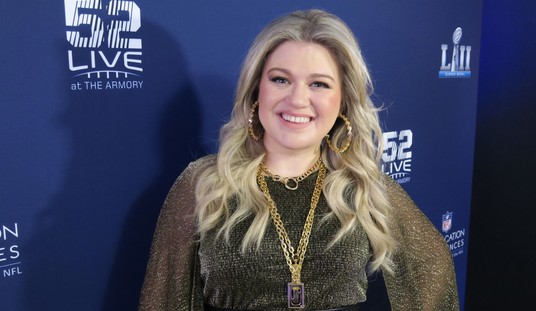In America, we're supposed to be innocent until proven guilty. Life, liberty and property can't be taken from you unless you're convicted of a crime.
Your life and liberty may still be safe, but have you ever gone to a government surplus auction? Consumer reporters like me tell people, correctly, that they are great places to find bargains. People can buy bikes for $10, cars for $500.
But where did the government get that stuff?
Some is abandoned property.
But some I would just call loot. The cops grabbed it.

Zaher El-Ali has repaired and sold cars in Houston for 30 years. One day, he sold a truck to a man on credit. Ali was holding the title to the car until he was paid, but before he got his money the buyer was arrested for drunk driving. The cops then seized Ali's truck and kept it, planning to sell it.
Ali can't believe it
"I own that truck. That truck done nothing."
The police say they can keep it under forfeiture law because the person driving the car that day broke the law. It doesn't matter that the driver wasn't the owner. It's as if the truck committed the crime.
"I have never seen a truck drive," Ali said. I don't think it's the fault of the truck. And they know better."
Something has gone wrong when the police can seize the property of innocent people.
"Under this bizarre legal fiction called civil forfeiture, the government can take your property, including your home, your car, your cash, regardless of whether or not you are convicted of a crime. It's led to horrible abuses," says Scott Bullock of the Institute for Justice, the libertarian law firm.
Bullock suggests the authorities are not just disinterested enforcers of the law.
Recommended
"One of the main reasons they do this and why they love civil forfeiture is because in Texas and over 40 states and at the federal level, police and prosecutors get to keep all or most of the property that they seize for their own use," he said. "So they can use it to improve their offices, buy better equipment."
Obviously, that creates a big temptation to take stuff .
This is serious, folks. The police can seize your property if they think it was used in a crime. If you want it back, you must prove it was not used criminally. The burden of proof is on you. This reverses a centuries-old safeguard in Anglo-American law against arbitrary government power.
The feds do this, too. In 1986, the Justice Department made $94 million on forfeitures. Today, its forfeiture fund has more than a billion in it.
Radley Balko of Reason magazine keeps an eye on government property grabs: "There are lots of crazy stories about what they do with this money. There's a district attorney's office in Texas that used forfeiture money to buy an office margarita machine. Another district attorney in Texas used forfeiture money to take a junket to Hawaii for a conference."
When the DA was confronted about that, his response was, "A judge signed off on it, so it's OK." But it turned out the judge had gone with him on the junket.
Balko has reported on a case in which police confiscated cash from a man when they found it in his car. "The state's argument was that maybe he didn't get it from selling drugs, but he might use that money to buy drugs at some point in the future. Therefore, we're still allowed to take it from him," Balko said.
Sounds like that Tom Cruise movie "Minority Report," where the police predict future crimes and arrest the "perpetrator."
"When you give people the wrong incentives, people respond accordingly. And so it shouldn't be surprising that they're stretching the definition of law enforcement," Balko said. "But the fundamental point is that you should not have people out there enforcing the laws benefiting directly from them."
Balko is exactly right.

























Join the conversation as a VIP Member